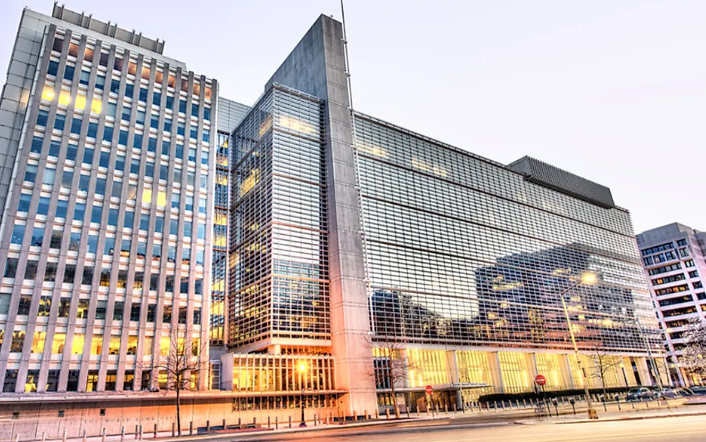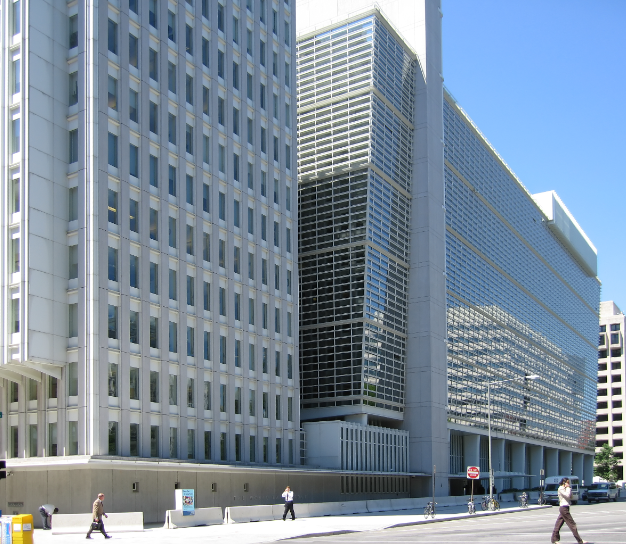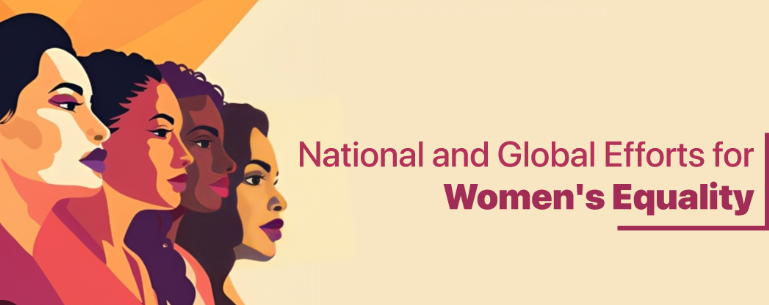
World Bank Call for Women’s Empowerment and Equal Opportunity
World Bank Commitment to Women’s Empowerment and Equal Opportunities Takes Center Stage
In a recent visit to Tamil Nadu to oversee World Bank-supported projects, Anna Bjerde, Managing Director (Operations) of the World Bank, highlighted the profound impact of women’s empowerment and equal opportunity on economic growth, particularly in countries like India.

During her visit, Bjerde toured ‘Thozhi,’ a working women’s hostel developed through a collaborative effort between the Government of Tamil Nadu, the World Bank, and the private sector. This initiative, inaugurated by Tamil Nadu Chief Minister M K Stalin in January, exemplifies a multifaceted approach to addressing women’s empowerment and providing equal opportunities.
Speaking to PTI, Bjerde underscored the importance of initiatives like ‘Thozhi’ in fostering women’s empowerment and facilitating their active participation in the workforce. She emphasized that the ultimate goal of such endeavors is to create an environment where women can pursue diverse career opportunities, ranging from IT to manufacturing, thus contributing significantly to economic growth.

The growing demand for working women’s hostels reflects the increasing recognition of the pivotal role women play in driving economic development. Bjerde noted that the expansion of such facilities in recent years signifies a broader societal shift towards prioritizing women’s empowerment and providing them with the resources and support needed to thrive in the workforce.
Highlighting the World Bank’s commitment to promoting women’s empowerment globally, Bjerde emphasized the organization’s ongoing engagement in developmental programs aimed at enhancing female labor force participation. She reiterated the importance of collaborative efforts between governments, the private sector, and international organizations in driving meaningful change and creating supportive environments for women to succeed.
In response to inquiries about the potential replication of the working women’s hostel model in other regions, Bjerde expressed optimism about its applicability in countries with similar demographic and socioeconomic profiles. She noted that many countries, particularly in Africa and South Asia, are grappling with low female labor force participation rates and could benefit from adopting similar initiatives to bolster women’s economic empowerment.
Central to the success of initiatives like ‘Thozhi’ is the incorporation of public-private partnerships, which leverage the strengths of both sectors to address complex social and economic challenges. Bjerde emphasized the critical role of private sector innovation and efficiency in complementing the public sector’s efforts, particularly in areas such as land allocation and long-term financing.
India’s experience with such collaborative models serves as a valuable blueprint for other countries striving to enhance female labor force participation and address urbanization and housing needs. Bjerde highlighted India’s potential to serve as a beacon of inspiration for countries seeking to unlock the economic benefits of women’s empowerment.
Underscoring the economic imperative of increasing female labor force participation, Bjerde cited projections suggesting that a 1 percent increase in India’s female labor force participation could potentially boost the country’s GDP by 1 percent. This underscores the significant economic gains that can be realized through concerted efforts to empower women and create enabling environments for their participation in the workforce.
In conclusion, Anna Bjerde’s visit to Tamil Nadu and her insights underscore the critical link between women’s empowerment, economic growth, and social development. Through collaborative initiatives like ‘Thozhi,’ the World Bank continues to champion women’s rights and advocate for policies and programs that promote gender equality and inclusive economic growth.
Bjerde’s visit to Tamil Nadu serves as a testament to the World Bank’s commitment to advancing gender equality and fostering inclusive economic development. By highlighting the transformative potential of initiatives like ‘Thozhi,’ she underscores the importance of investing in women’s empowerment as a catalyst for broader societal progress.
Moreover, Bjerde’s remarks shed light on the intricate relationship between women’s participation in the workforce and overall economic growth. By emphasizing the significant impact of increasing female labor force participation on India’s GDP, she underscores the economic imperative of creating enabling environments that empower women to fully participate in the economy.
For the latest updates-click here.

